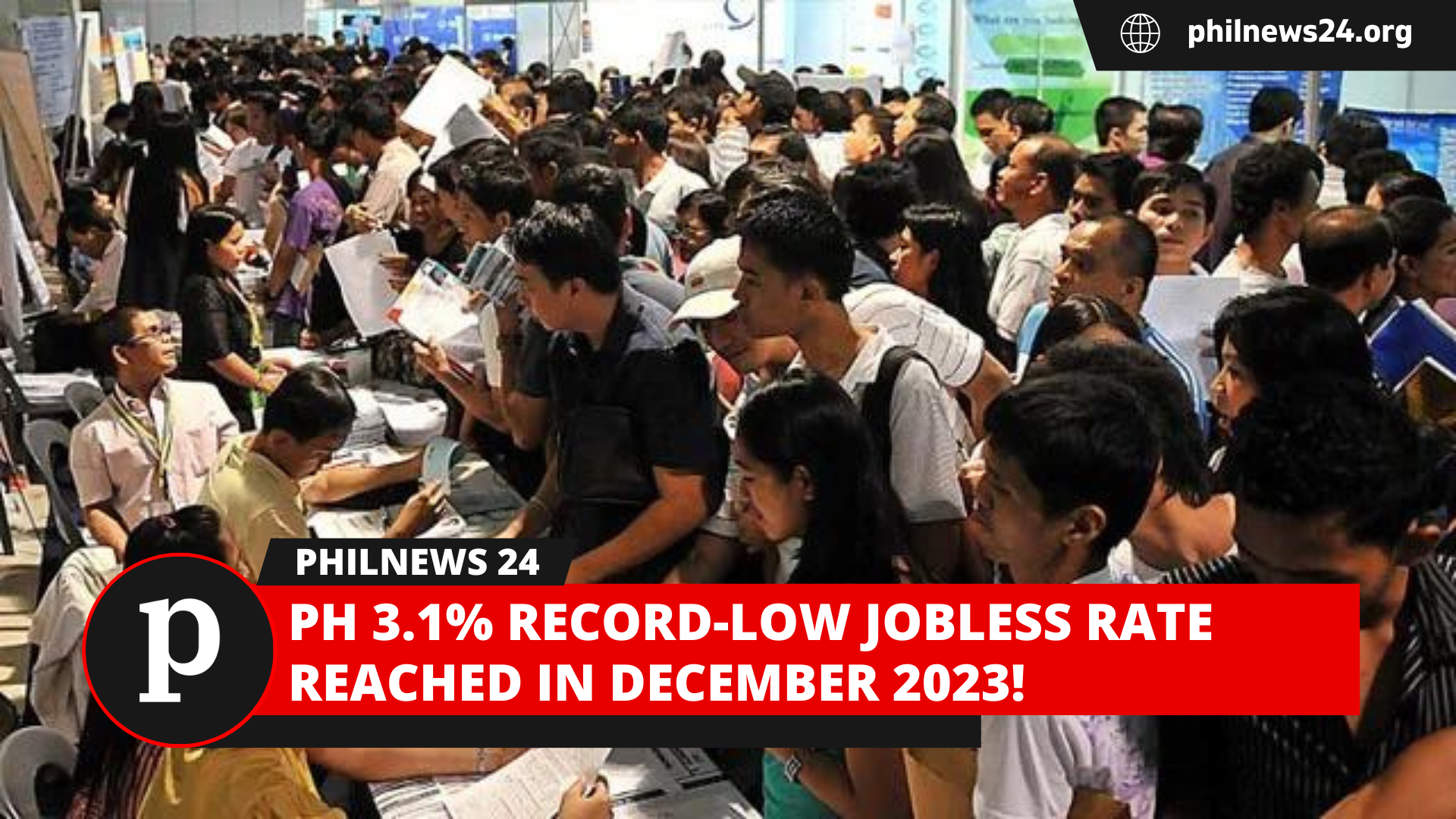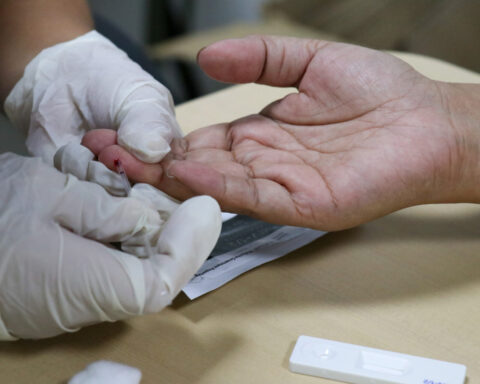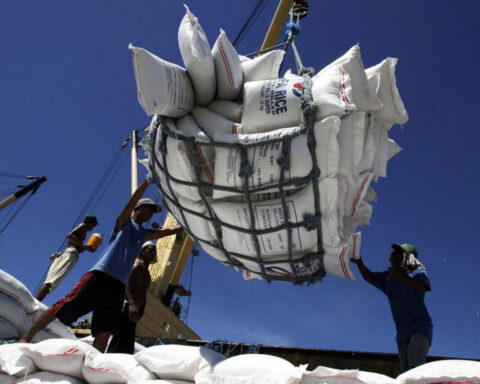The mature stage of the El Niño phenomenon has been confirmed by the state weather bureau PAGASA, with its effects expected to linger despite potential decay by late February or early March.
PAGASA warns of continued significant impacts such as reduced rainfall and intensified heat, potentially making 2024’s dry season even warmer due to decreased cloud cover.
The implications of El Niño extend beyond agriculture and water supply, significantly affecting public health. The Department of Health (DOH) is particularly concerned about diseases linked to extreme heat, including heat cramps, heat exhaustion, and potentially fatal heat stroke.
Additionally, the risk of dengue outbreaks remains high during El Niño as stored water becomes breeding grounds for mosquitoes, despite decreased rainfall. CALABARZON has already recorded over 1,150 dengue cases in just over a month.
Furthermore, diarrhea outbreaks are anticipated due to the scarcity of water during El Niño, prompting people to resort to unsafe water sources and risking bacterial infections. Experts emphasize the importance of consuming water from safe sources and boiling water if unsure of its safety.
As the impacts of El Niño are expected to worsen in the coming weeks, the public is urged to remain vigilant and take necessary precautions to safeguard their health, emphasizing responsible resource usage and individual health practices.
Source: PhilNews24 | February 8, 2024









